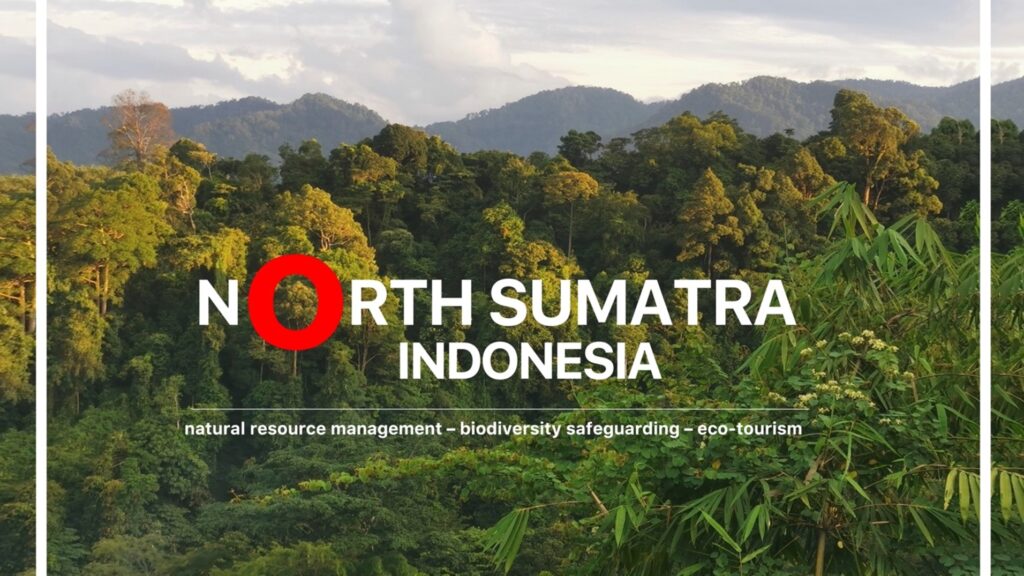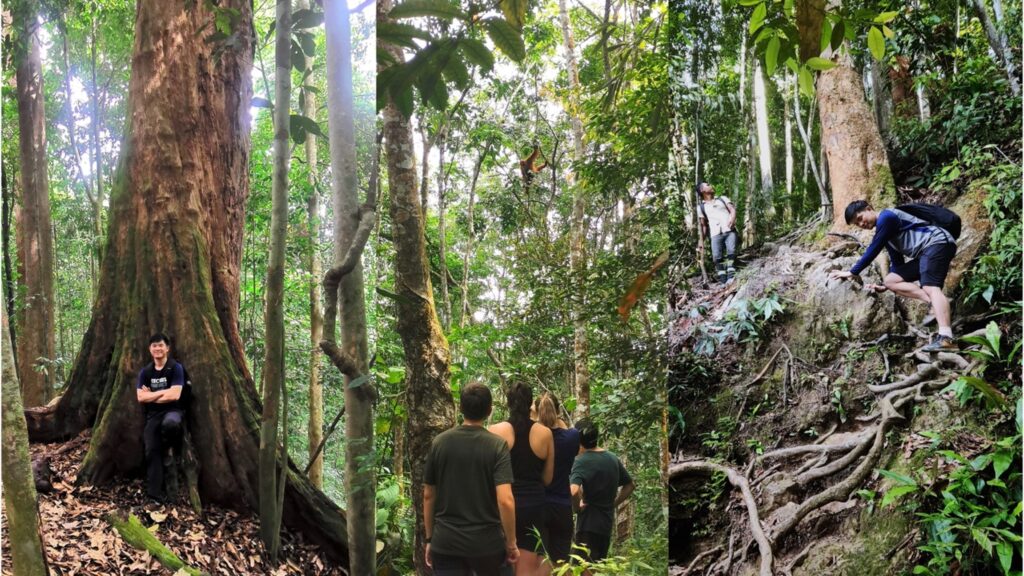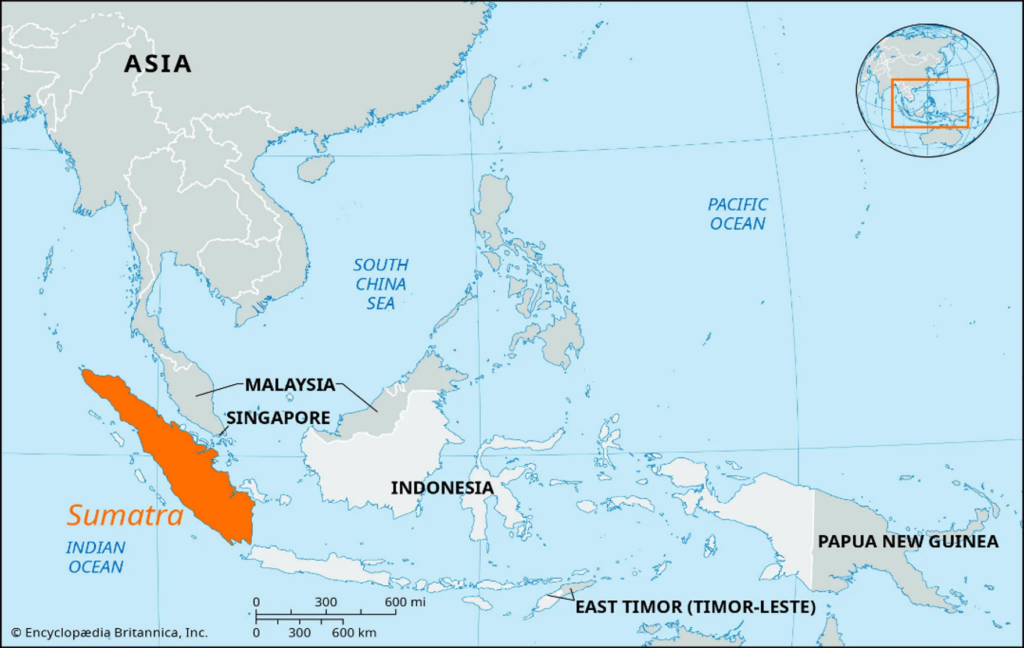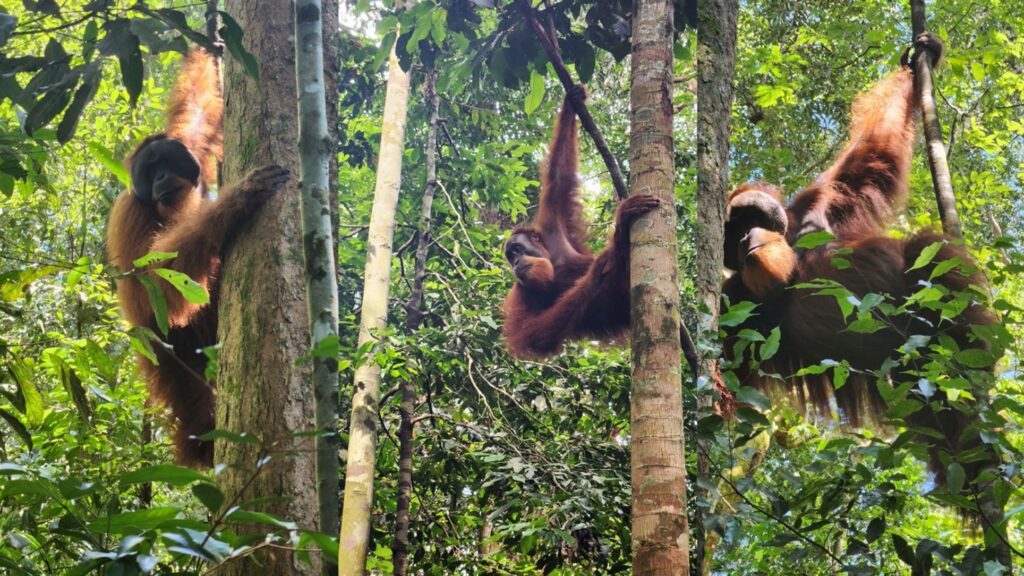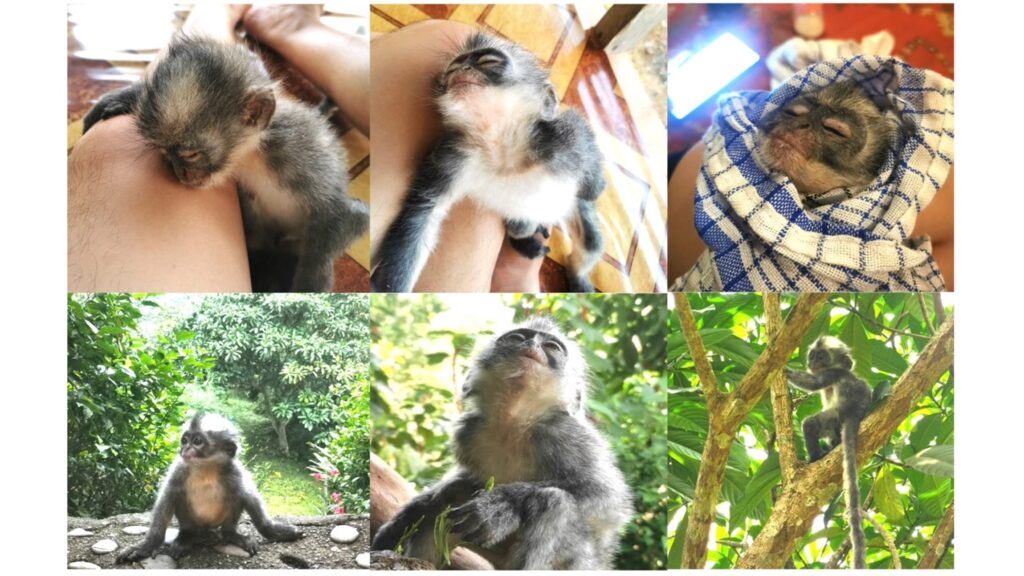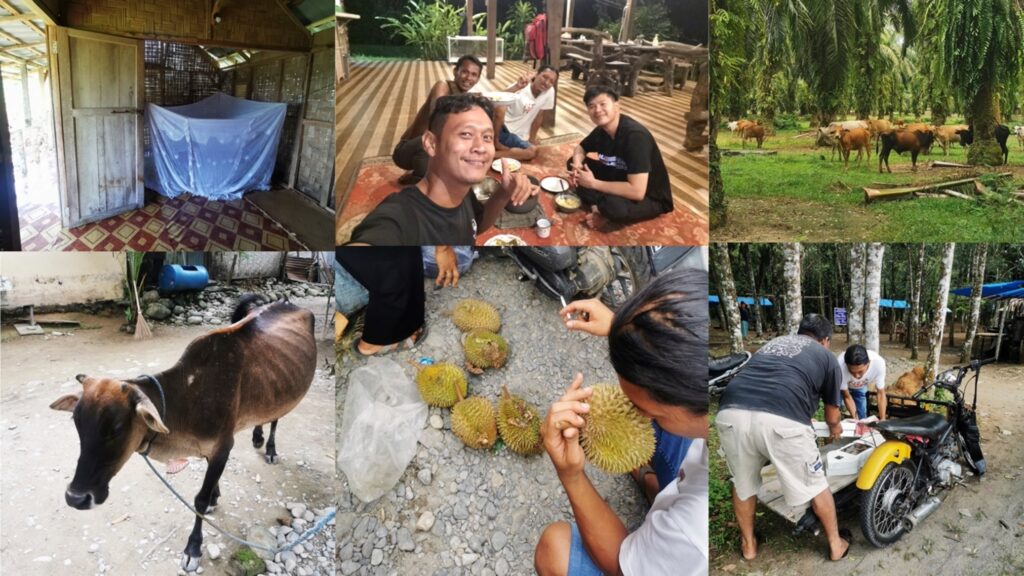“Learn Bahasa, Immerse in Local Life, Witness Orangutans in their Natural Habitat, and Gain a Profound Understanding of the Intricate Web of Natural Resource Management in One of the Globe’s Most Vital Biodiversity Hotspots”
By Chone Chaowai (Duke MIDP ’24)
Summer 2023 AFE Blog Post Series
What is my Applied Field Experience?
Choosing my Applied Field Experience seemed straightforward initially, but I found myself grappling with the idea of joining a U.S.-based organization to expand my professional network here versus venturing into the dense forest. Eventually, my passion for hands-on experience in the heart of nature won me over. I did some research on potential locations and found a local NGO named Sumatra Eco Project, which is actively involved in safeguarding biodiversity and advocating eco-wildlife tourism within the vicinity of Gunung Leuser National Park. Their approach involves close coordination with governmental authorities to investigate trafficking and illegal activities while providing on-the-ground conservation data. Moreover, their endeavor to establish a financially sustainable business model through educational and eco-centric tourism programs is particularly interesting to me.
Pursuing a master’s program in International Development Policy, my keen interest lies in exploring natural resource governance and management. Indonesia, with its vast tropical forests and the array of challenges it is facing, stood out as one of the perfect locations to acquire field experience. Additionally, I sought a place where I could develop some contextual understanding, and Sumatra Island in Indonesia, which shares many similarities with Thailand in terms of biodiversity hotspots, presented itself as an ideal choice.
Where is North Sumatra?
Sumatra is located in the northeastern part of Indonesia. It is the world’s sixth-largest island and home to some of the world’s most diverse rainforests and Southeast Asia’s last intact forests. The island’s tropical climate and diverse ecoregions are homes to thousands of unique species and the world’s last remaining Sumatran tigers, orangutans, Sumatra elephants, and Sumatran rhinos. This natural UNESCO World Heritage site is therefore vital for biodiversity conservation. It provides food and water for millions of people.
What development issues are involved?
My initial focus lies on the interplay between natural resource governance and peace & conflict, building upon my prior experience supporting local civil society organizations, communities, and ethnic minority groups. My work involved facilitating their access to finance and capacity development, empowering them to meaningfully participate in the management of natural resources. Here, my humble involvement with local organizations and communities allowed me to delve deeper into policy issues surrounding conflicts between government authorities and villagers regarding the management of protected areas, deforestation linked to the expansion of oil palm plantations, illegal logging, hunting, and tourism.
In 2022, deforestation within a protected wildlife reserve reached a record high, as reported by various analyses. The loss of the forest was driven by clearing for oil palm plantations orchestrated by well-connected local elites, rather than smallholders, according to the advocacy group Rainforest Action Network (RAN). Shockingly, RAN’s investigation revealed that palm oil from these illegal plantations had made its way into the global supply chains of major brands like Procter & Gamble, Nestlé, PepsiCo, Unilever, and others (Source: Hans Nicholas Jong, March 2023).
While wildlife tourism is promoted as a potential source of vital income to support communities and conservation efforts in different regions of the Global South, including here. Its poorly regulated implementation can also significantly contribute to the depletion of natural habitats and wildlife. In my interactions with local people, I explored their incentives to work in the palm oil and tourism sector and the importance of preserving wild animals for such purposes rather than hunting, as well as addressing various economic, religious, and population dynamic pressures. I realized that behavioral economics should be given more weight in the analysis, as it plays a significant role in shaping decisions and outcomes.
What are my roles and responsibilities?
The nature of a small and local organization often means that roles and responsibilities might not be clearly defined or well-structured. Therefore, even before arriving, I set my expectations to remain open-minded. I adopted the attitude of an observer and a learner, being someone who asks questions before making any recommendations. So far, I have been involved in educational program development and wildlife rescue and rehabilitation to capacity development for the local staff and seeking financial support.
I am excited to share my heartwarming experience caring for a rescued baby Thomas’s langur, an endemic primate species of Sumatra. His start in life was difficult as his mother was tragically shot dead. While we never intended to treat him as a pet, the vet advised us to care for him like a baby to enhance his chances of survival, as langurs depend on their mothers for comfort during their tender age. The next stage is to rehabilitate, rewild, and reintroduce him back to the jungle. My little journey with this wild langur provided insights into government policy issues, notably revealing a significant gap due to corruption and highly centralized governance.
What have been the highlights so far?
On just my second day, I hopped on a motorbike with the local staff; I was not so clear where he was taking me. He took me to walk the cows home, to pick wild vegetables for cooking, and to buy a cement plate for his mother’s tomb. I suddenly discovered that his mother died only a few days ago. This start was exactly what I imagined my time here should be about. By attaching myself to the local staff, it helped me to look at the policy issues with more empathy and closer to the lens of the local people. WHO are we empathizing with? WHAT do they need to do? WHAT to do see and hear? And HOW do they think and feel?
Another captivating aspect of this experience was the privilege of getting to know local individuals who had lived through the 30-year-long Aceh War. The founder of the organization himself was once a government soldier on an Aceh mission, while one of the local staff had been part of the insurgency group. Their stories served as a testament to the complexity and depth of the issues. We engaged in valuable exchanges of personal views and theoretical perspectives, particularly concerning peace and conflict arising from natural resources. The impacts of the long-lasting war on the forest, wildlife, and biodiversity were deeply profound and thought-provoking.
As the days passed, I regularly engaged in self-reflection and felt content with my approach to this experience. Drawing from my class discussions on development decolonization, I have been mindful of any potential negative impacts I might have, so I intentionally attached myself to the local staff. This connection provided valuable insights into their daily lives and the development challenges relevant to the local context, allowing me to triangulate ideas with dominant narratives.
Finally, although my Applied Field Experience might not have resulted in a groundbreaking piece of work, I recognized its significance as perfect preparation for future fieldwork. It honed my ability to analyze policies from a firsthand perspective, solidifying my understanding of on-the-ground realities.
